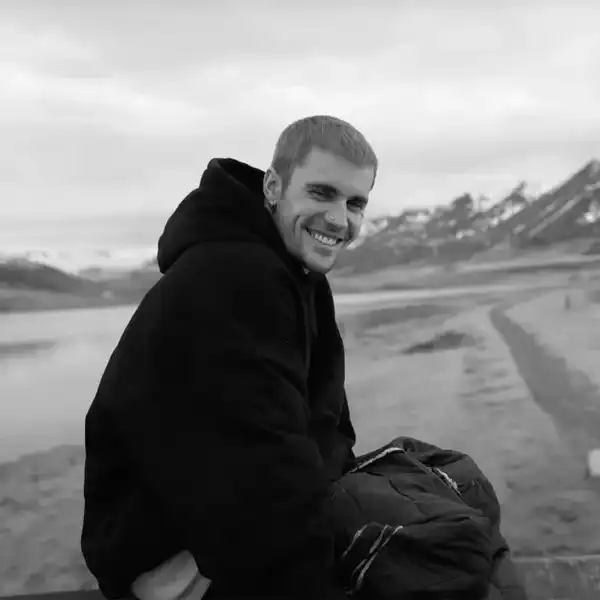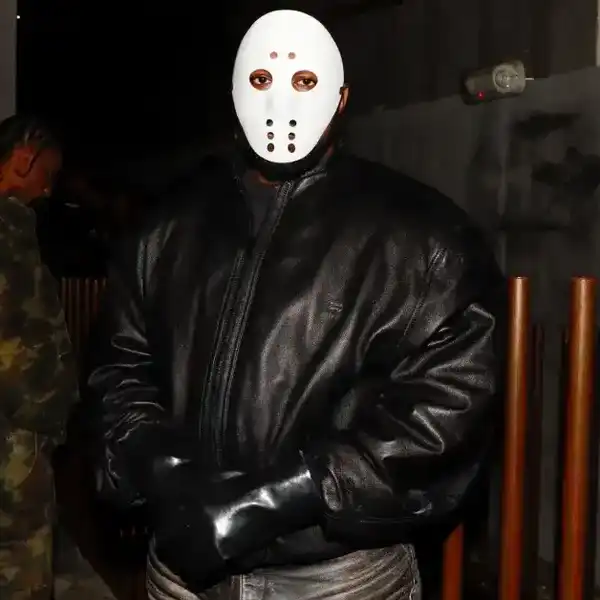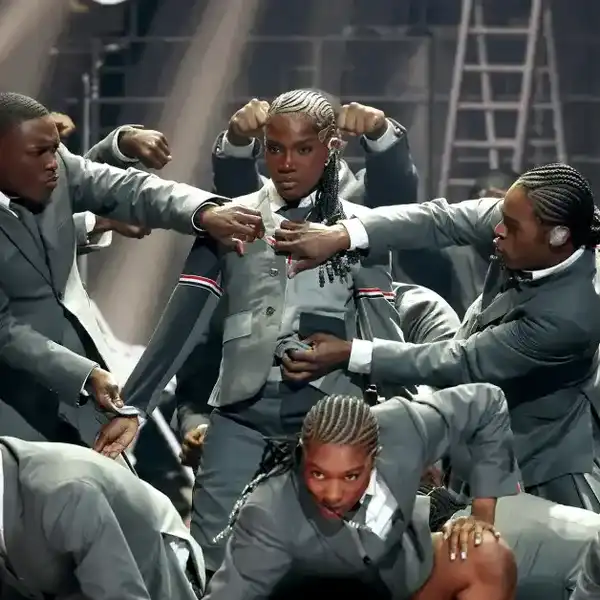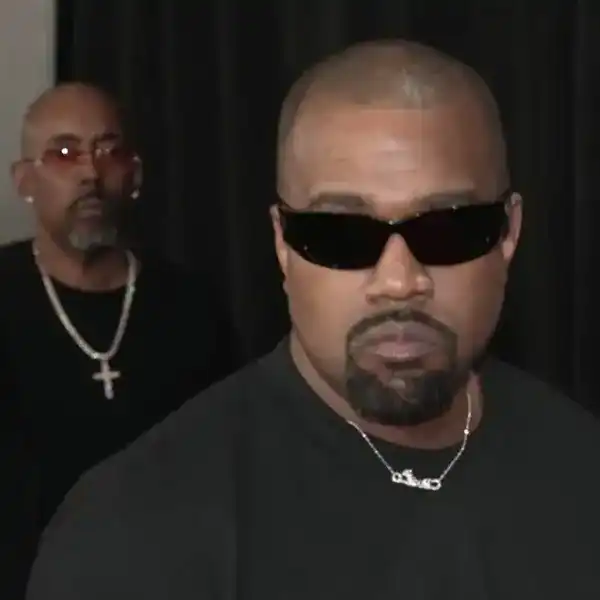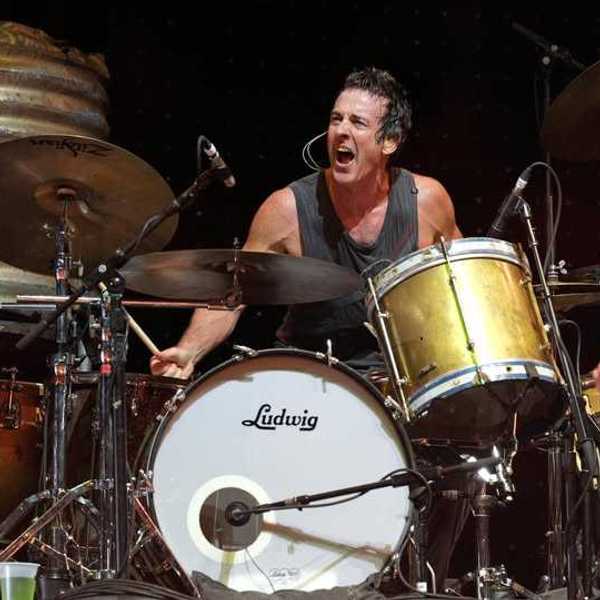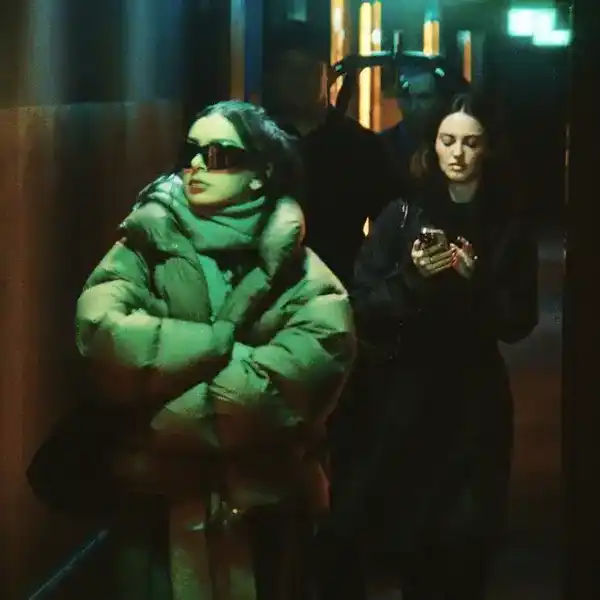What It Feels Like When Your Name Isn't Smith Or Jones
The following is a personal story about being a visible minority penned by Jency Abarca, a Toronto-based music enthusiast whose specialty is writing about the local hip-hop scene.
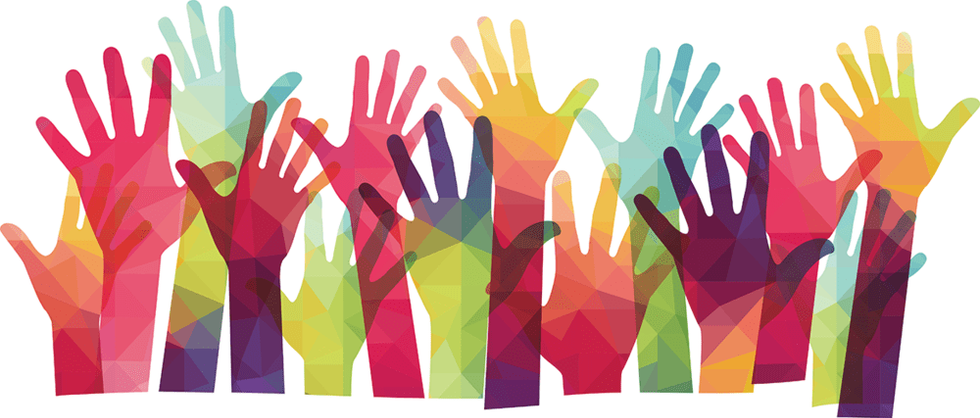
By Jency Abarca
The following is a personal story about being a visible minority penned by Jency Abarca, a Toronto-based music enthusiast whose specialty is writing about the local hip-hop scene.
“The X is Silent”
To identify yourself, as a person of colour in our society is to be classified as a possible statistic to things such as teen pregnancy, growing up in a lower-income neighbourhood, single-parenthood, police encounters with street violence and more. Coming from the areas of Rexdale, and Jane and Finch are the descriptions that constantly plague our communities, either, through the media or in the eyes of the police.
I was born at Humber River Hospital on Wednesday, July 12th, 1989, in the Jane and Finch corridor and, after long debates, I was named Jency after my mother. Little did I know that Jency would be the name to open doors for me in the future while my middle name, Xiomara, meaning ‘warrior for her people’ would close them. Xiomara, pronounced Sa-ma-ra, has always been a struggle for public spaces such as schools and businesses to digest. The ‘x’ although silent tends to seduce those who encounter it, which then encourages them in sounding out the ‘x’ and ultimately resulting in my name being butchered; instead of sa-ma-ra, I’m now, zee-o-mar-a.
So, for those who ask why ‘Latinos’ have so many names? There’s an example of why we need backups just in case.
Growing up as a ‘Latino’, which really means somewhere down my bloodline my Indigenous ancestors were raped by some type of Spaniard, European or another ethnicity, has been interesting. For the most part, my personal encounters with racism have been relatively high but surprisingly, not all from white supremacists and not all direct. I’ve witnessed racism amongst my own community and family towards Blacks. For those who don’t know, colourism is a real thing in Latin American culture and it can be tied back to our colonized past, and being brainwashed into thinking skin pigment determines your beauty or good character.
In a typical Latino family, and I mean ty-pi-cal, racism exists towards people of colour. I grew up hearing not date black men because they have a tendency of leaving women as single moms. Mind you, half of the Latino moms saying this are single moms and their kids aren’t mixed. I’ve picked up truths disguised as jokes behind some of my friends saying, “ah que refinar la raza”, meaning “we need to refine the race”. I’ve had my bad attitude blamed on my choice of friends, meaning my choice of ‘black’ friends, or when I speak in street slang or ‘ghetto’, I’m accused of acting or talking ‘black’ but when I speak with proper English and etiquette, I’m asked ‘Why I’m acting white’?
I’ve had family members of European descent compare their ears and becoming a target for other kids ridicule and bullying or to a person of colour being picked on long after they left the school playground due to the colour of their skin or overall ethnicity. I’ve observed them convinced that racism isn’t that bad due to their lack of exposure to it. I’ve had to sit and debate a person, who has wisdom beyond my years, about why I identify as a person of colour and still hear them tell me, ‘you aren’t Black, you aren’t Black’ because their privilege of not having to identify as anything other than male or female prohibits them from understanding that the term ‘people of colour’ exceeds a skin pigment.
I’ve had to sit and bite my tongue when I overhear people point out my moms’ accent as if it’s a comical trait for them to hear a Latina mispronounce a language that isn’t ours. These are people who can’t even spell my name correctly let alone pronounce it correctly, but they find it laughable when a Latina mispronounces a word or her accent complements it. I’ve had to see my mom turn red because she’s embarrassed because she was under the impression she knew how to speak the language; but no, leave it to someone to reassure an immigrant who came here not knowing a single word of English, that nope, she still has work to do.
I’ve had to sit through class and entertain a non-POC disguising the exploitation in Latin America at the hands of those who resemble them (non-POC) as an ‘opportunity’ when it’s really just a cut to the labour fees that someone who isn’t a local would charge them to do the same task/job. To then have to sit through them try to convince a group of Latin American students that the trust issues of our people towards non-POC is due to events that should long be forgotten.
How can we forget if those who murdered, raped and dismembered our ancestors are proudly splattered on federal buildings, monuments, and city/street names?
Racism is an act that has gone unpunished for centuries, the ancestors of those who raped, lynched, tortured, dismembered, enslaved and displaced were never disciplined. They were given the impression that they are entitled to treat POC indifferently because the governments and police jurisdictions that govern them have been racist towards POC themselves. We’ve seen it during the American Cherokee Removal, we’ve seen it through segregation, residential schools, redlining, race riots, slavery – just to name a few. Only one percent of the lynchings that took place after 1900 resulted in a lyncher going to jail; so out 4,075 lynching’s only 41 people were held accountable for it. Are we still wondering why, in 2020, we are still witnessing Black men being found hanging from trees?
Racism to me is not being able to use my middle name because it’s too ‘exotic’, it’s being asked ‘Are you from Mexico?’ (as if there aren’t 33 other countries that comprise Latin America and the Caribbean), it’s witnessing my mom instantly become insecure because someone makes fun of her accent, it’s having to assist a customer and take her passport photo after she just told me she shouldn’t be considered a terrorist because her skin doesn’t look like mine, it’s having to prep my family about who I am presenting to them before even bringing them through the door if there skin colour isn’t white, and lastly, it’s someone telling me to ‘speak English’ because they finally encountered something they aren’t privileged in-culture.


